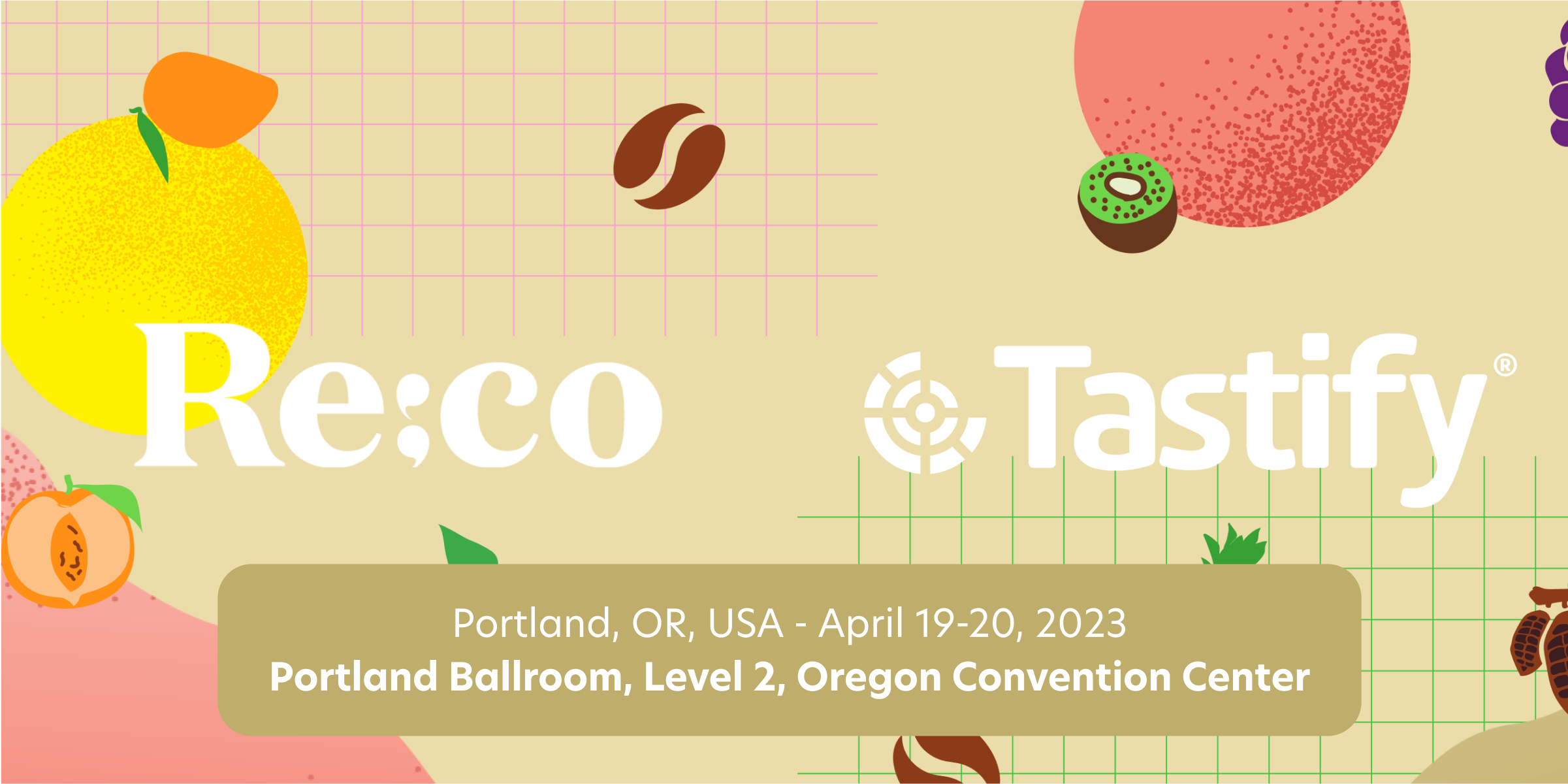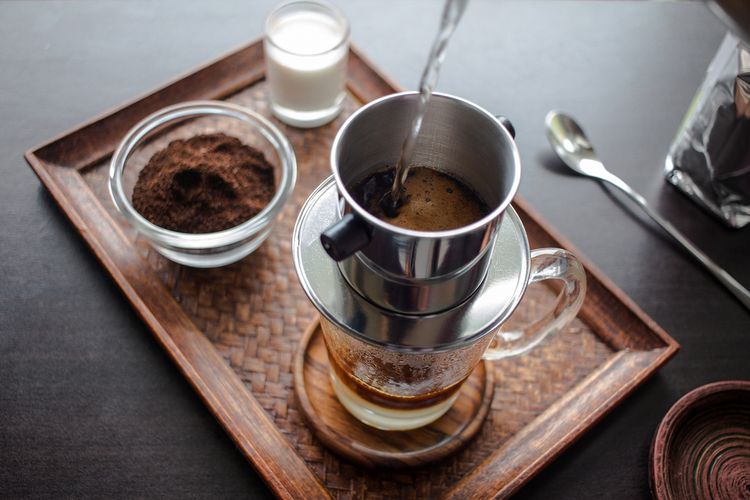Who exactly is this Q Grader? Is someone overly fussy about coffee, or are they a tester?

Photo by: Freepik
Q grader has received international certification from the Coffee Quality Institute in California, USA. You can obtain this license after going through many professional test stages to become a Q Grader.
The Coffee Quality Institute (CQI) is a virtue of the third-wave era. This international institution ensures that the coffee distributed is specialty coffee that has gone through the testing phase. Very closely related to supporting the smooth running of the coffee chain industry in terms of specialty coffee distribution.
CQI created the Q Grader program to be an equalizer in the coffee era, ensuring that the coffee distributed is truly specialty coffee. Q Grader duties include;
- Objectively assess the quality of coffee
- Identify, calculate, and articulate coffee characteristics
- Detects coffee defects
- Communicate coffee characteristics using standard industry terminology
A Q Grader is adept at observing the character of the coffee. Is it true that being a Q Grader is a natural talent? That is wrong; all of that requires a process, and a lot of practice, so it's not because a person is born with an acute sense of taste. As usual, the good Q Grader, who has a sense of taste, is not too keen. Here are tips for training those who want to become Q Graders.
Drink More Coffee Specialty
It will help if you practice more to get more familiar with the taste and aroma of coffee. Not only drinking coffee at specialty shops but also having coffee at home. Getting used to drinking coffee on a daily basis will make it easier for you to get to know the character of the coffee. The point is not to drink a lot of coffee with no purpose but drink to get to know the character of the coffee taste.
Coffee Assessing Exercise with the SCAA Cupping Form
During the training process for the Q Grader certification, you will use the SCAA Cupping Form, so it's a good idea to be familiar with it. Scoring number 6 expresses the level of sound too extraordinary at number 9.
Know the Difference Roasting
The roast level of the bean also affects the taste and aroma of the coffee beans, so you should practice sensitivity to this. Make observations to add to your insight about which roast level; try the same coffee with a different roast level.
Try a Different Origin
To practice sensitivity, it is possible if you try a different origin. Different origins have different taste and aroma characteristics. For the initial stage, you can start with the coffee taste character, which is different.
Identify Coffee Knowledge
In the final stage, you can identify the coffee by tasting it if you're familiar. You can define where the coffee comes from, what the roasting process is like, and even find out what the drying process is like. You may still be guessing the character, but not guessing at random, but with a basis of knowledge.
Everyone Can Enjoy Coffee Like a Q Grader!

Photo by: Freepik
As a coffee connoisseur, you want to enjoy coffee like a Q Grader who is sensitive to the taste characteristics in your cup of coffee. So far, you enjoy coffee only knowing whether it tastes good, but you can't describe what kind of taste is in your cup of coffee. Everyone can enjoy coffee like a Q Grader.
Regarding a cup of coffee, it seems that it is prevalent for us to hear among coffee connoisseurs, "the taste of the coffee is a little fruity" or "the coffee has a slight taste of chocolate," but what we feel is only bitter on the tongue. Even further, some coffee connoisseurs are more specific in describing the fruity taste in their cup of coffee, whether it's lemon, orange, mango, grape, etc. Then what's wrong? Why can other people taste coffee like fruit, but we can't?
Each of us tastes coffee in the same way. What makes it different is that you can't describe the taste of what you're sipping, whether it is the taste of lemon or orange, and finally, your brains only describe the general taste: sour. Practice and several repetitions might make it easier for someone to enjoy coffee, like a Q Grader. So, to make it easier for us to describe the taste of coffee, it's better to use the SCAA Flavor Wheel to map the taste of coffee to explore the specific taste characteristics of the coffee we enjoy.
Becoming a Q Grader may take a severe struggle because a Q Grader will maintain a pattern of eating and drinking to maintain the sensitivity of the senses they have built with practice and insight. A few tips for enjoying coffee, like a Q Grader, could help interpret the taste of our cup of coffee today.
Understand the Description of the Taste
Generally, the taste is divided according to one's taste buds, sweet, bitter, salty, and sour. Beyond this, the general preference is a personal development of a person's habits for what they consume. A barista friend, to understand taste, recommends practicing tasting by consuming fruits so that the insight into taste is more prosperous.
Practice and Practice
Practicing how to enjoy coffee is not just drinking coffee every day but interpreting it and exploring what flavors are in today's cup of coffee. Doing cupping exercises at home occasionally is fine; if you need coffee tools that support cupping, try to find out which coffee shop does the fun cupping class. Several local coffee shops sell coffee drinks and have become pioneers in educating coffee enthusiasts.
Exchanging Opinions on Taste
Most exciting, if you enjoy coffee with coffee connoisseurs, exchanging opinions about taste makes you rich in insight. From exchanging ideas about this taste, the assessment of taste was subjective only by exchanging views; it turns out that this person is an assessment of objective taste in general.
Enjoying coffee is about how someone interprets the taste of their cup of coffee. Mutual understanding of other people's subjective feelings will add insight into how different people understand their cups of coffee.




.png)




Comments